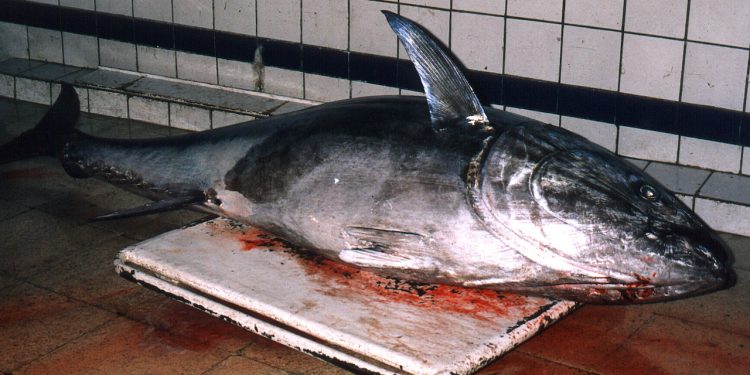Spanish fishing industry federation Cepesca is pushing for definite legal action relating to the illegal import of bluefin tuna to the European Union and the handling of profits derived from this trade.
Cepesca wants to see action taken in line with the Order of the Central Court of Instruction No. 3 of Madrid, Previous Duties – Abbreviated Procedure 0000091/2018, which establishes the involvement of eight individuals and twelve companies in up to seven crimes.
Cepesca believes that this type of behaviour is unacceptable, not only in the fishing sector, which is characterised by a continuous effort to implement better practices in its activity, but also in all other related sectors, such as the Spanish marketing and catering sectors, the prestige and international reputation of which stand to be damaged by these kinds of acts, especially in the case of a high-quality product such as bluefin tuna.
The federation has welcomed the words of Minister Luis Planas, who commented that ‘this is not the reality of our fishing sector as a whole, which on the contrary respects legality.’
The Minister also made it clear that he expects to see a vigorous investigation take place.
The Magistrate of the Central Court of Instruction No. 3 of Madrid, María Tardón Olmos, has proposed ‘to proceed with the present investigation by means of the abbreviated procedure’ against named individuals and legal entities, considering that the facts described in the Order may constitute up to seven crimes.
According to Cepesca, improvements in the management and control measures adopted within ICCAT over the past twelve years allowed the Spanish authorities to detect and uncover this major alleged scheme of illegal catch laundering and fraudulent trade of bluefin tuna in 2018.
The Civil Guard’s Tarantelo investigation uncovered a network that it reports imported annually more than 3,500,000kg of illegal bluefin tuna into Spain, mainly from Malta and Italy, generating an illegal profit of around €25 million annually.
Cepesca chose to appear as a key contender in the case opened following this investigation, as its Board of Directors believe that the seriousness of these facts and behaviours directly affect the fishing sector and, consequently, the founding objectives of employers, which include the promotion of the development of sustainable and responsible fishing, as well as the fight against illegal fishing.









